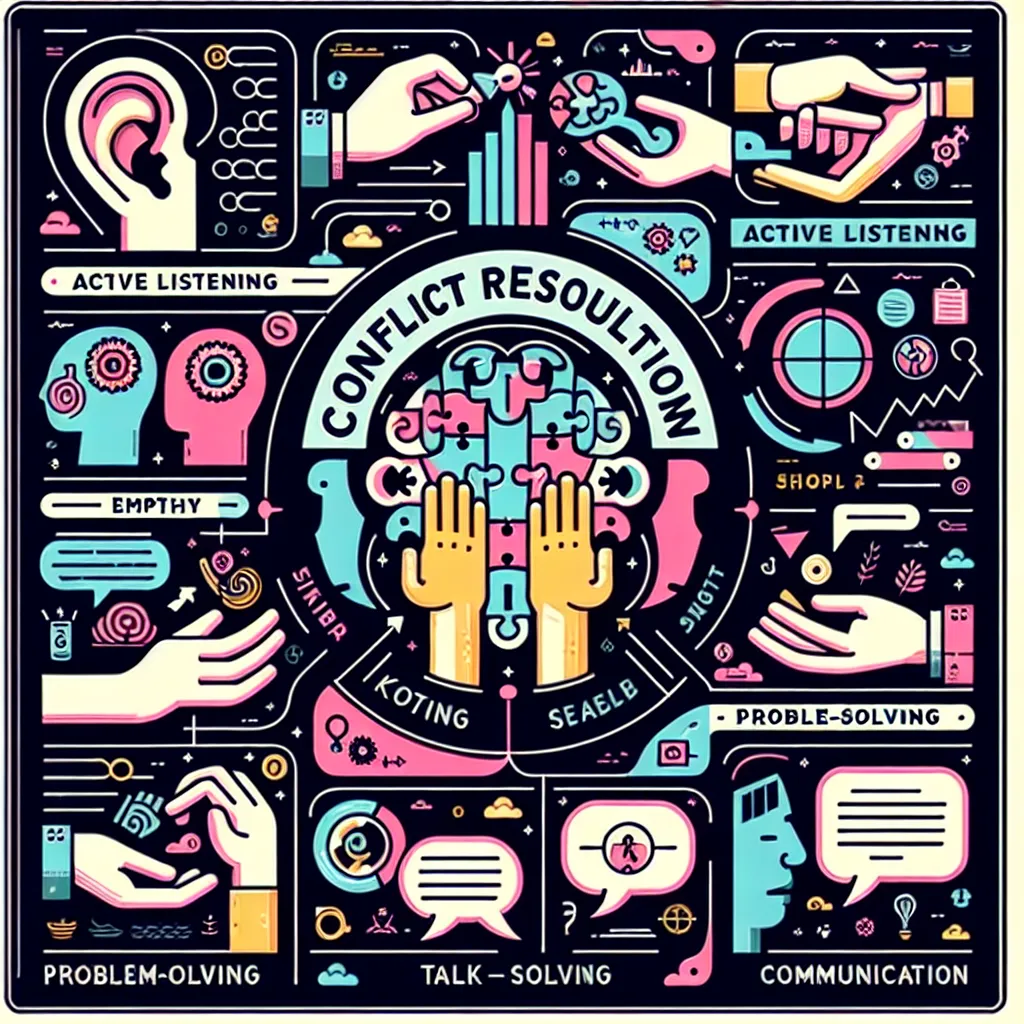When preparing for a job interview in English, one of the most common and significant questions you might encounter is “What is your biggest professional achievement?” This question provides an excellent opportunity to showcase your skills, experience, and value to potential employers. In this article, we’ll explore effective strategies to answer this crucial question and make a lasting impression during your English interview.
Understanding the Importance of the Question
Before we dive into how to answer this question, it’s essential to understand why interviewers ask it. When inquiring about your biggest professional achievement, employers are looking to:
- Assess your ability to identify significant accomplishments
- Understand your definition of success
- Evaluate your potential contributions to their organization
- Gauge your level of self-awareness and confidence
The Interviewer’s Perspective
From an interviewer’s standpoint, your response to this question reveals several key aspects about you as a candidate:
- Your priorities and values in your professional life
- Your ability to articulate complex situations clearly
- Your problem-solving skills and approach to challenges
- Your potential for growth and leadership within the company
 Professional Achievement Interview
Professional Achievement Interview
Crafting an Effective Response
To answer this question effectively, follow these steps:
1. Choose the Right Achievement
Select an achievement that:
- Is recent and relevant to the job you’re applying for
- Demonstrates skills valuable to the position
- Had a measurable impact on your organization
- Showcases your ability to overcome challenges
2. Use the STAR Method
Structure your response using the STAR method:
- Situation: Briefly describe the context of your achievement
- Task: Explain what you were responsible for in that situation
- Action: Detail the specific steps you took to accomplish the task
- Result: Highlight the positive outcomes of your actions
3. Quantify Your Achievement
Whenever possible, use numbers to quantify your achievement. For example:
- “Increased sales by 30% over six months”
- “Reduced project completion time by 25%”
- “Saved the company $100,000 annually through process improvements”
4. Connect to the Job Requirements
Relate your achievement to the skills and qualities required for the position you’re interviewing for. This shows the interviewer how your past success can translate to future value for their company.
Sample Answer
Here’s an example of how to answer this question effectively:
“My biggest professional achievement was leading a cross-functional team to implement a new customer relationship management (CRM) system at my previous company. We were facing challenges with data management and customer communication, which were affecting our sales and customer satisfaction rates.
I was tasked with overseeing the project from start to finish. I began by conducting a thorough analysis of our existing processes and identifying key areas for improvement. Then, I researched various CRM solutions and presented my findings to upper management.
After selecting the most suitable system, I coordinated with IT, sales, and customer service departments to ensure a smooth transition. I also developed and delivered training sessions for all staff members.
As a result of this implementation, we saw a 25% increase in sales productivity, a 30% reduction in customer response time, and a 15% improvement in customer satisfaction scores within the first six months. The project was completed on time and under budget, saving the company $50,000 in projected costs.
This experience not only improved our company’s operations but also enhanced my project management and leadership skills, which I believe would be valuable in the role I’m applying for at your organization.”
Common Mistakes to Avoid
When answering this question, be careful to avoid these common pitfalls:
- Being too modest or self-deprecating
- Choosing an irrelevant or outdated achievement
- Failing to provide specific details or measurable results
- Taking credit for team efforts without acknowledging others’ contributions
- Rambling or providing too much unnecessary information
Follow-up Questions and Suggested Responses
Be prepared for potential follow-up questions related to your biggest achievement. Here are some examples with suggested responses:
-
Q: “How did you measure the success of this achievement?”
A: “We used key performance indicators such as sales metrics, customer satisfaction surveys, and efficiency reports to track the progress and impact of the CRM implementation.” -
Q: “What challenges did you face during this project?”
A: “The main challenge was resistance to change from some team members. I addressed this by involving key stakeholders early in the process and providing comprehensive training and support.” -
Q: “How did this achievement impact your career growth?”
A: “This project significantly enhanced my leadership and project management skills. It also led to a promotion and increased responsibilities within the company.” -
Q: “What would you do differently if you had to do it again?”
A: “I would allocate more time for user testing before the full rollout to identify and address any usability issues earlier in the process.” -
Q: “How did you ensure team collaboration during this project?”
A: “I implemented regular cross-departmental meetings, used collaborative project management tools, and encouraged open communication channels throughout the project.”
Conclusion
Answering the question “What is your biggest professional achievement?” effectively requires careful preparation and thoughtful delivery. By choosing a relevant achievement, using the STAR method, quantifying your results, and connecting your accomplishment to the job requirements, you can make a strong impression on your interviewer.
Remember to practice your response beforehand, but keep it natural and conversational during the interview. With these strategies, you’ll be well-equipped to showcase your value and stand out as a top candidate in your English job interview.
For more tips on acing your English job interview, check out our articles on how to answer questions about your work experience and common English interview questions.




